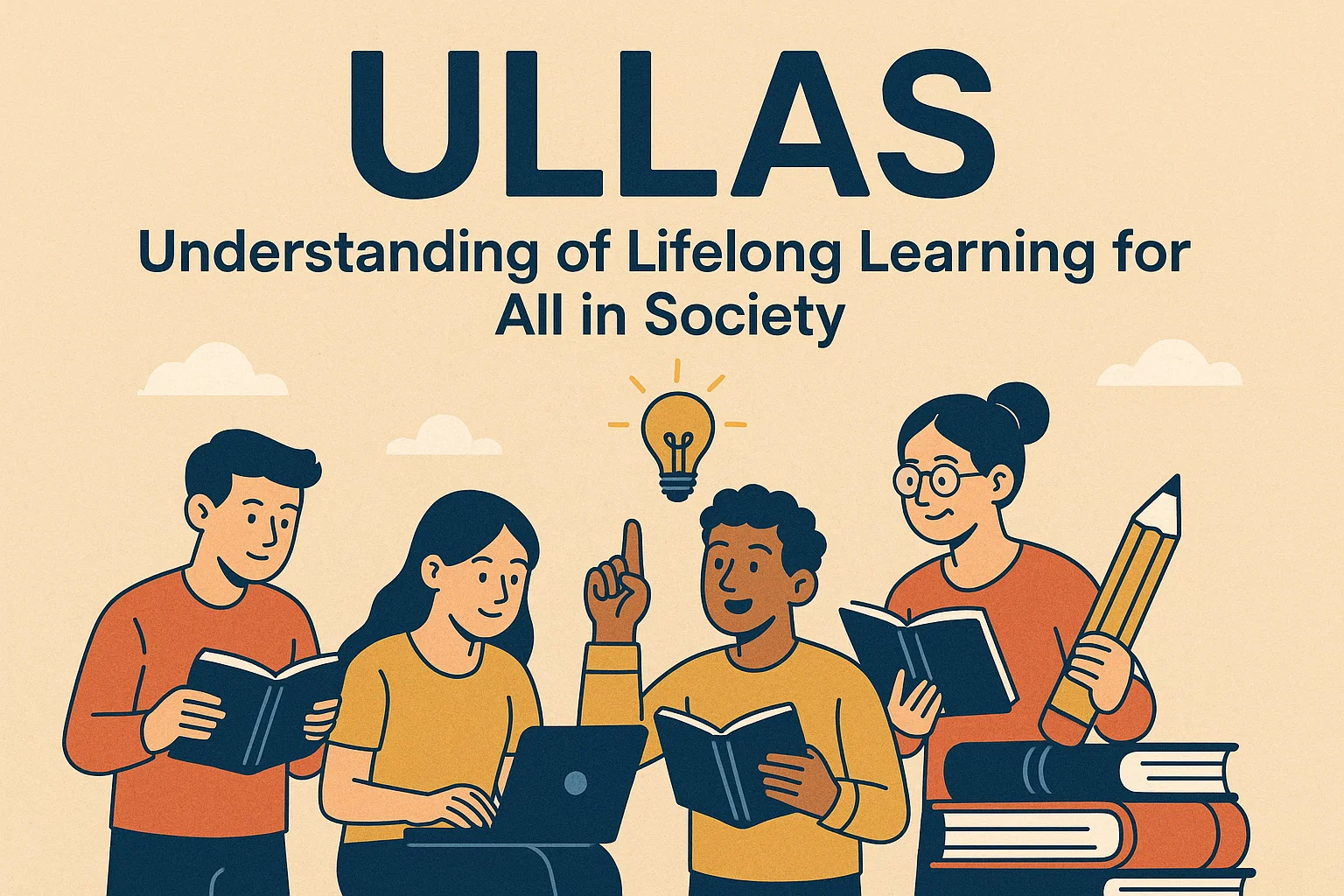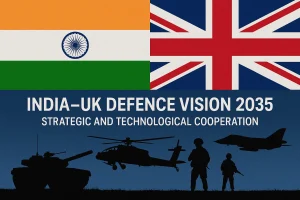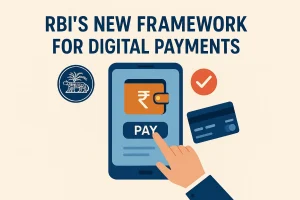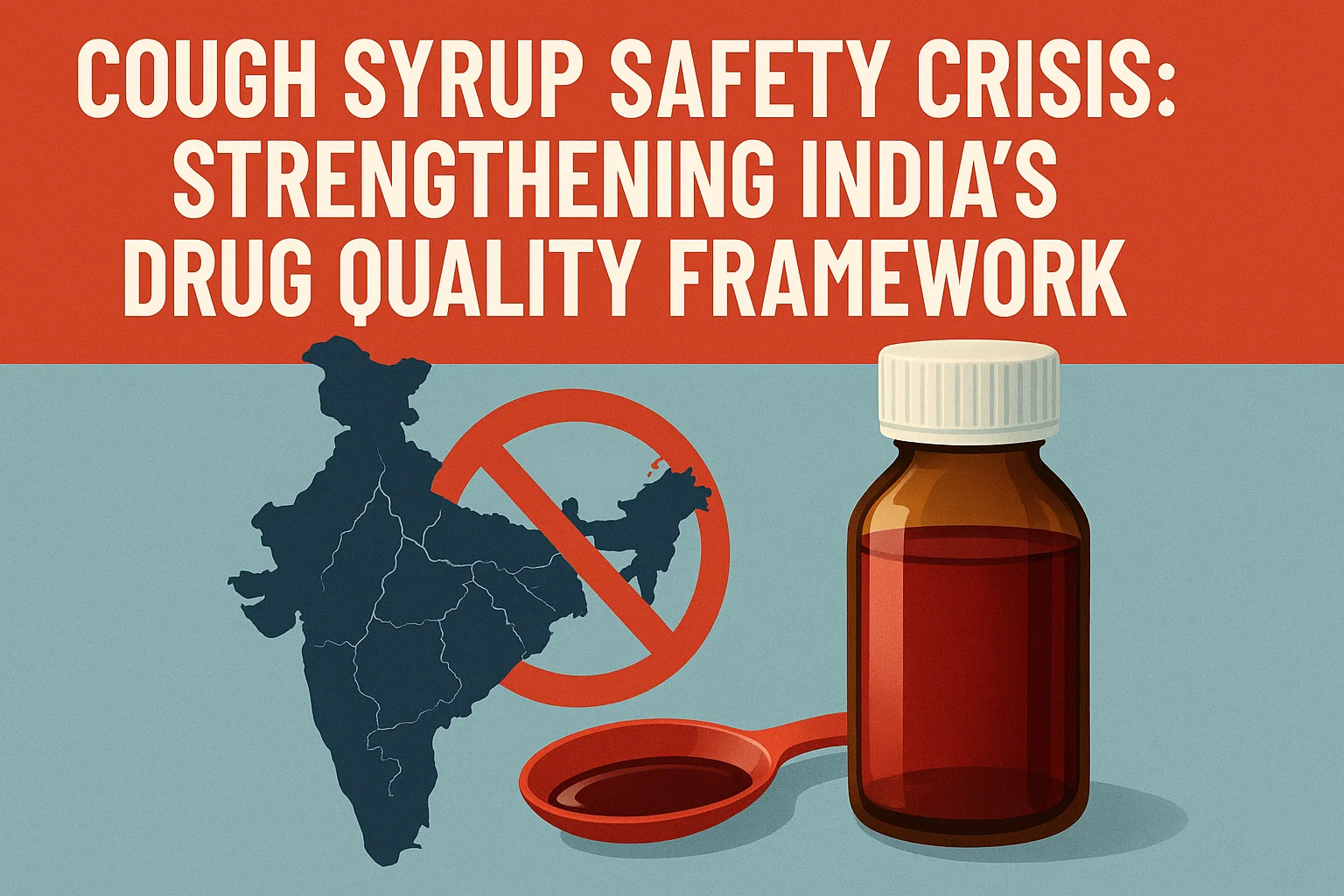ULLAS: Understanding of Lifelong Learning for All in Society
ULLAS (Understanding of Lifelong Learning for All in Society) promotes adult literacy and lifelong learning in India. Discover its framework, achievements, and impact on inclusive education.
Context
India’s literacy mission has gained significant national attention through ULLAS (Understanding of Lifelong Learning for All in Society), especially after states such as Himachal Pradesh declared themselves fully literate. Launched in 2022 by the Ministry of Education, ULLAS represents a transformative approach to adult literacy, aligning with India’s broader goals under the National Education Policy (NEP) 2020.
Also known as the New India Literacy Programme (NILP), ULLAS targets individuals aged 15 years and above who missed formal schooling, providing them with opportunities to acquire literacy skills and participate in lifelong learning.
About ULLAS
ULLAS is a flagship, centrally sponsored scheme designed to promote universal adult literacy while fostering a culture of continuous learning. The initiative integrates modern digital tools, community engagement, and volunteer-driven support to ensure that literacy is accessible, inclusive, and sustainable.
By expanding literacy beyond basic reading and writing, ULLAS encompasses:
-
Numeracy Skills: Essential for personal finance, workplace readiness, and daily life.
-
Digital Literacy: Enabling citizens to participate in the digital economy and access e-governance services.
-
Financial Literacy: Helping individuals make informed financial decisions and improve economic empowerment.
This holistic approach reflects the programme’s alignment with UN Sustainable Development Goal (SDG) 4.6, which aims for all youth and a substantial proportion of adults to achieve literacy and numeracy by 2030.
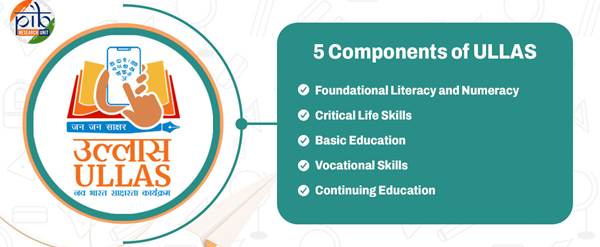
Objectives and Scope
ULLAS is designed to address the learning gaps among adults while fostering civic, social, and economic participation. Key objectives include:
-
Achieving Universal Adult Literacy: Targeting illiterate adults and youth who have dropped out of formal education.
-
Promoting Lifelong Learning: Encouraging continuous skill development in reading, writing, numeracy, and digital competence.
-
Community Engagement: Mobilising citizens to participate as volunteers, bridging learning gaps at the grassroots level.
-
Integration with National Policies: Linking literacy efforts with NEP 2020, which emphasises lifelong learning and skill development.
Through its broad scope, ULLAS seeks to transform literacy into a tool for empowerment, economic participation, and societal engagement.
Implementation Framework
ULLAS employs a multi-pronged approach to ensure accessibility, flexibility, and effectiveness:
-
Community Learning Hubs: Schools function as Samajik Chetna Kendras, serving as centres where local communities can engage in structured learning.
-
Digital Platforms: A dedicated mobile application and e-learning modules in 26 languages enable learners in remote areas to participate and track progress.
-
Volunteerism: The programme encourages citizens to register as “Jan Jan Saakshar” volunteers, following the principle of “Each One, Teach One”, which fosters peer learning and social responsibility.
-
Capacity Building: Training modules for volunteers and instructors ensure consistent, high-quality delivery of literacy programmes.
This framework integrates technology, local governance, and civic participation, creating a scalable and replicable model for adult education.
Achievements and Impact
Since its launch, ULLAS has demonstrated impressive results in both reach and outcomes:
-
Over 45 lakh volunteers have been mobilised, reaching approximately 3 crore learners across India.
-
Government data indicates rural literacy rose from 67% in 2011 to 77% in 2023–24, while female literacy increased from 65% to 74%.
-
Several states, including Mizoram, Goa, Tripura, and Himachal Pradesh, have officially declared themselves fully literate, reflecting successful community engagement and programme implementation.
ULLAS exemplifies citizen-centric governance and participatory education reform. By integrating NEP goals, SDG commitments, and local community involvement, it serves as a vital model for inclusive human development in India.
Significance
ULLAS is more than a literacy programme—it represents a national movement for empowerment. By equipping adults with literacy, numeracy, and digital skills, it enhances economic participation, social inclusion, and civic engagement.
Its focus on volunteerism and community learning ensures that literacy efforts are sustainable and replicable, making education a shared societal responsibility rather than just a governmental task.
As India continues to pursue inclusive growth and human capital development, ULLAS provides a blueprint for lifelong learning, ensuring that no adult is left behind in the country’s educational and socio-economic progress.
Conclusion
ULLAS: Understanding of Lifelong Learning for All in Society is transforming adult literacy in India. By combining technology, community participation, and policy alignment, it addresses the educational gaps among adults, promotes lifelong learning, and empowers citizens to engage fully in society.
With continued implementation, ULLAS has the potential to achieve universal literacy, foster gender equality in education, and enhance India’s position as a leader in inclusive human development.
Subscribe to our Youtube Channel for more Valuable Content – TheStudyias
Download the App to Subscribe to our Courses – Thestudyias
The Source’s Authority and Ownership of the Article is Claimed By THE STUDY IAS BY MANIKANT SINGH
